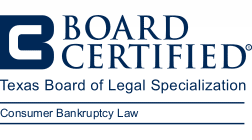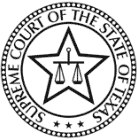How to get debt relief from creditor judgments without filing bankruptcy
A variety of circumstances may lead to someone being encumbered in debt, such as an unexpected medical procedure or job loss. You may find it relatively easy to tackle a few of your smaller bills but struggle to pay off the other, larger ones.
Your creditors will generally try to reach you by phone and mail with notices. They may eventually seek out the assistance of a debt collection agency to attempt to collect your debt if in-house efforts fail. Your creditor may turn to a collections attorney as a last resort. Your creditor’s attorney may then file a lawsuit against you. If they’re successful in doing so or you fail to respond, then the court may enter a judgment in your case.
A judgment may give your creditor an option for garnishing your wages, repossessing your assets, placing a lien on property or tapping into your bank account. You may wonder what rights you have aside from filing bankruptcy.
What should you do if a creditor secures a judgment against you?
It’s important that you immediately consult with an attorney if you are sued by a creditor. There may be steps your attorney can take even amid debt collection post-judgment, but some of these actions have strict deadlines. Of course, one option is seeking bankruptcy protection. This will result in an automatic stay being put in effect. State and federal law prohibits creditors from communicating with you in such instances.
Which debt defense options exist aside from bankruptcy?
Not every debtor wants to or qualifies to file bankruptcy. You may not see it as the best choice if you have just a small handful of outstanding debts. You may wonder what options exist. Your attorney may be able to negotiate a reduced settlement amount on your behalf as an alternative to bankruptcy. They may also be able to stop a judgment from being entered against you.
Know that even if the court deems you "judgment proof" because you have no assets to collect, your creditors may still continue to hound you for 10 years following the entry of your judgment unless you take proactive steps to negotiate a settlement on your debt. A successful resolution to your one or two outstanding collection matters may allow you to move forward in living your life without having to repeatedly look over your shoulder or field creditor calls.











